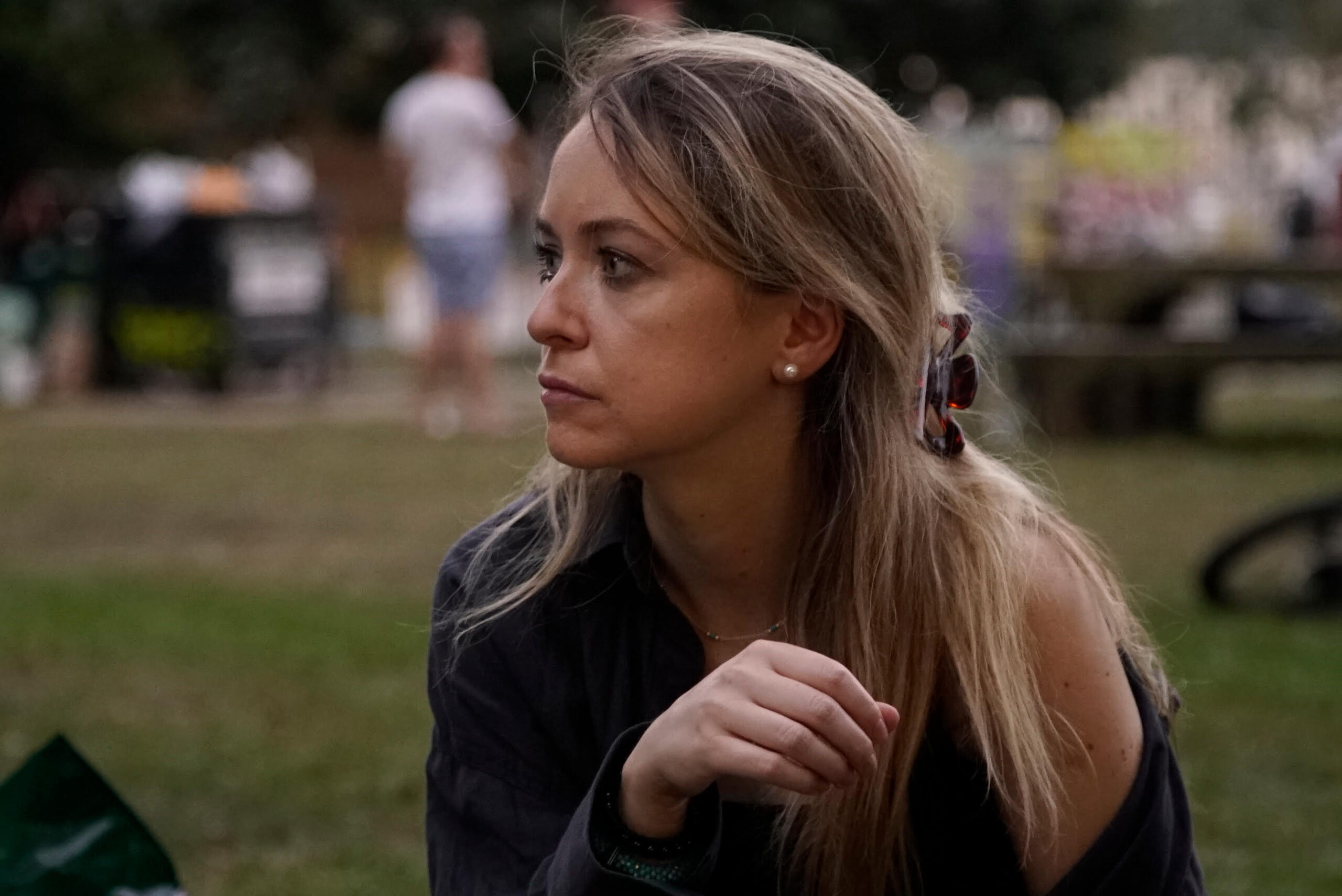This could be awkward – but it shouldn’t be. Although we undoubtedly live in a society that is becoming more open and liberal, sexually transmitted infections (STIs) remain a taboo subject.
Although many people openly talk about how many people they’ve slept with, in my experience, no one shows off about having gonorrhoea. There are many misconceptions about STIs, not least their association with promiscuity or multiple sexual partners. This misconception can be particularly dangerous, as it means that people who don’t have multiple sexual partners may feel like they don’t need to get regularly checked. But this complacency is misplaced: you can get an STI from anyone, at any time.
This is not to say that everyone should cast a sceptical eye over everyone they’ve ever slept with, but the stereotype that people who “sleep around” are the only ones who are at risk of contracting STIs is wildly incorrect. Whenever you are having unprotected sex – whether it’s with one person or 100 – it is possible to get an STI.
The motherly rant about always using protection is a cliche, but it can’t be repeated enough. No matter how good your intentions are, people make mistakes and external influences like alcohol, drugs, broken condoms and pure stupidity can always come into play. If you acted irresponsibly in the moment, you should take responsibility afterwards and get checked. Think how proud your mother would be of your brave acceptance of personal responsibility – without ever actually having to tell her, of course.
The stigma and resulting lack of conversation surrounding STIs causes people to think that they are abnormal and uncommon which is an unfortunate and dangerous misconception. In fact, transmission of STIs rose by 7 per cent in Ireland between 2016 and 2017. Thousands of people are diagnosed with STIs in this country every year – but thousands of people are treated for STIs, and thousands of people are cured or able to manage their STIs.
The stereotype that people who “sleep around” are the only ones who are at risk of contracting STIs is wildly incorrect
Some people may have few issues with holding back details of their sexual conquests and experiences, but you rarely hear anyone disclosing that they’ve had or have an STI. The stigma that they are dirty and unhygienic is unfair and outdated and ironically contributes to an increase in their transmission.
People feel too ashamed and embarrassed to go out and get checked. This is not a good outlook for anyone. If someone had an STI, got checked, treated and no longer has said STI, then really what is the big deal? Protecting and taking care of your health is nothing to be ashamed of.
However, I understand that the process of getting an STI check could feel embarrassing for some people. From awkwardly whispering to the receptionist down the phone – “emm, an STI screening please” – to greeting a nurse or doctor you’ve never met before and admitting to them that you messed up and had unprotected sex with someone and you’re scared you have chlamydia, it might not be an enjoyable experience.
But you know what would be more embarrassing? Tracking down that boy with the mullet you met at Workman’s and sending him a message on Facebook saying that you found out that you have an STI and you might have given it to him and consequently, he might have given it to everyone he’s slept with since you. As anyone who’s watched Lovesick on Netflix knows, that is far from an ideal situation.
Getting an STI is embarrassing, but what’s worse is tracking down that boy with the mullet and telling him you have an STI and you might have given it to him and consequently, to everyone he’s slept with since you
For most people, the late teenage years to the late twenties is the most sexually active time of their lives (in 2016, 86 per cent of STIs in Ireland were found in people aged under 30). It’s vital to take responsibility for being in control of your sexual health and getting regularly tested. You won’t regret getting an STI check, because it means you’re either STI free and feel really great about yourself, or you find out you have an STI and just get it treated. It is a win–win situation, because you are actively getting it sorted and acting like a responsible adult. In the words of my old sex education teacher, “when you have unprotected sex with someone, you are sleeping with everyone they have ever slept with”.
Everyone makes mistakes and most STIs, when promptly treated, are harmless. If left untreated, however, they can have potentially devastating effects, including infertility and – albeit in rare cases – death. An STI test is a simple blood test, urine sample and a swab of your genitals. It is recommended you wait about three weeks since you have had unprotected sex, as that’s how long it can take some up STIs to show up. Your common STI is as treatable as the flu – all it takes is a round of antibiotics.
Trinity provides a full STI screening for only €15. Otherwise, STI checks can range from between €70 and €120. There are a number of free walk-in STI clinics around Dublin, like in the Mater, Beaumont or St James’ Hospital, but these have longer waiting times and are only available at certain times on certain days. There are so many ways to go about getting checked and protecting yourself. You just have to do it.







